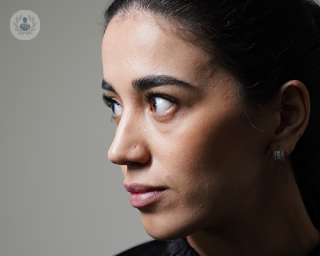
By Mr Okechukwu Okonkwo
29.11.24
Otolaryngology / ENT
Chronic runny nose, medically known as rhinorrhoea, can be an incredibly frustrating condition that impacts daily life. It may stem from various causes, including allergic rhinitis, non-allergic rhinitis or conditions like chronic sinusitis. Cryotherapy, a minimally invasive treatment, has emerged as an effective option for addressing this issue, particularly when traditional treatments fail to provide relief.


















